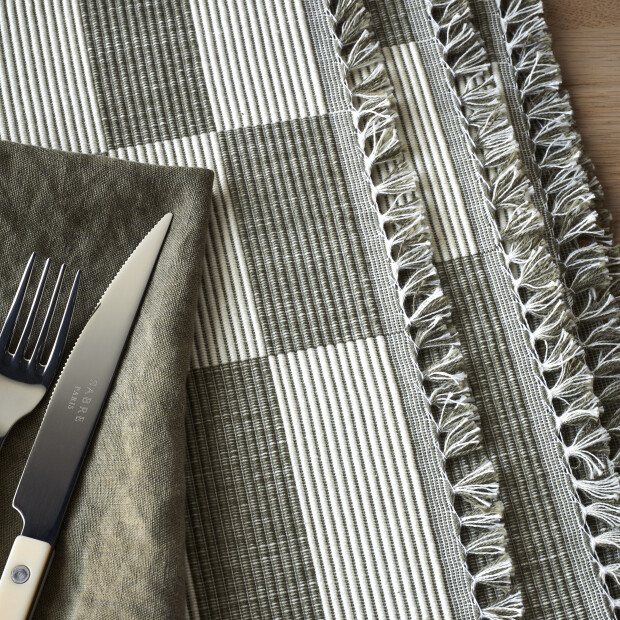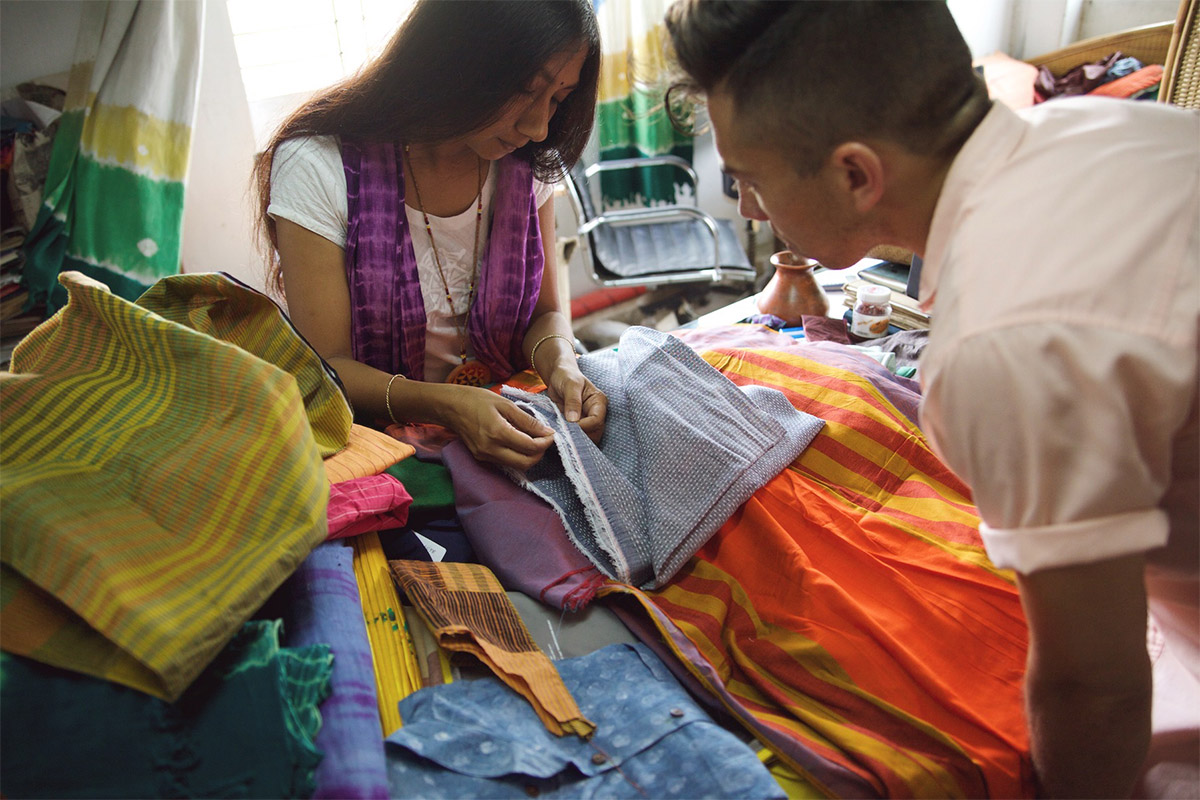Since Fall 2017, Unison has been proud to include placemats from New Market Goods in our assortment, starting with the Ripple placemat, then later introducing the Tira and Ceke placemats. Two friends, Stephen Kennedy and Muntasir Mamun, started the brand with a mission to redefine what it means for a product to be “Made in Bangladesh.” For them, it means blending modern designs with traditional weaving techniques and highlighting positive production practices.
To learn more about the background of New Market Goods and the incredible stories behind their team and products, we had a conversation with co-founder Stephen Kennedy.
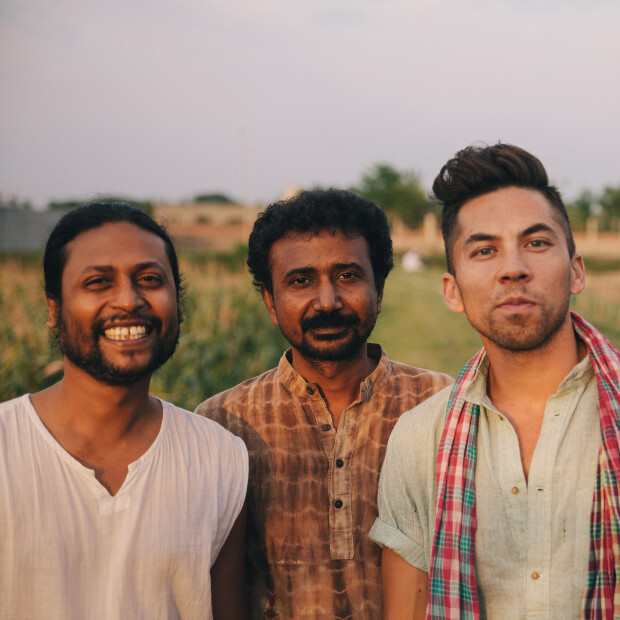
Q: What is the overall mission of New Market Goods?
A: Our mission is to help redefine what it means to be “Made in Bangladesh” by marrying contemporary designs with traditionally woven textiles. Bangladesh is the second-biggest producer of clothing in the world, but so little of what comes out of the country is actually tied to the textile or artisan tradition there. On our frequent trips there we’ve been endlessly inspired by the people, textiles, and vibrancy found in every corner. New Market Goods was formed with the goal of better understanding and highlighting positive production practices that can exist.
My friend Muntasir Mamun and I started the brand in partnership with Deshal, a factory founded by three friends—Aditya Kanak, Ishrat Jahan, and Sabuj Saddiki—which has been producing its own line sold locally in Dhaka for over fifteen years. Our relationship with Deshal’s founders extends beyond just partnership for cutting and sewing—they’re also co-owners of NMG. We think this international collaboration creates a shared incentive model; the Bangladesh team trusts us to figure out what’s going to work in the market in the US, and we trust them to push the parts of their craft and their tradition that they’re excited to share.
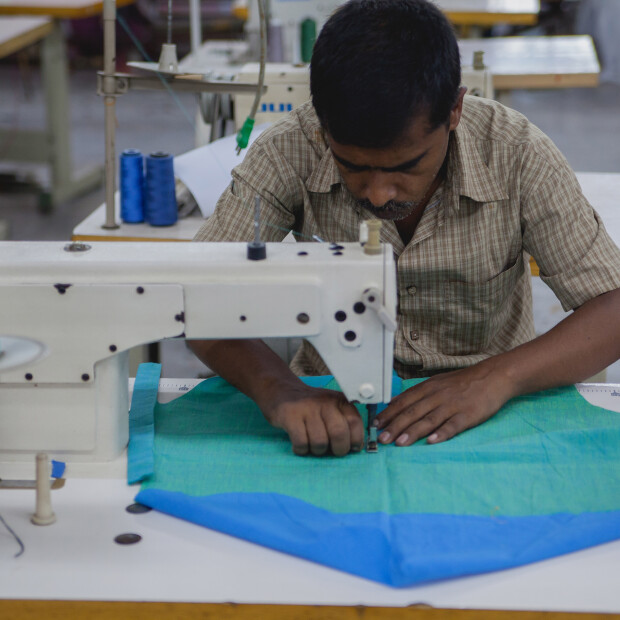
Q: What does Fair Trade mean to New Market Goods and your artisans?
A: For us, “fair trade” goes beyond an absolutely necessary baseline of ensuring living wages, legal age requirements, and safety in the workplace. It’s being on a first-name basis with the men and women who weave, sew, and help design the vibrant products that define our brand. When we started working with Deshal, we sat down with every single factory worker and asked how long they’ve been there, what their hobbies are, what dreams they have.
There’s also definitely a challenge in terms of creating long-term careers. The leadership team at Deshal helps identify people who show potential to become the most talented block-printer or screen printer or patternmaker on their team and really fosters their training—even if it means that they may eventually leave their factory. But worker retention remains one of the best indicators of a positive work environment: the majority of them have been with Deshal for over three years, many over five years. Deshal also provides on-site childcare and pooled resources for healthcare for its employees.
Building these relationships based on respect for each other is our take on radical transparency, instilling a commitment to a positive shared outcome for everyone involved.
Q: Where are the placemats made?
A: Our placemats are made in a village in Bangladesh called Borodiya in the Narsingdi district east of the capital Dhaka. We work with an artisan family there run by Anwar Hossain. His father started their weaving practice fifty years ago with four looms.
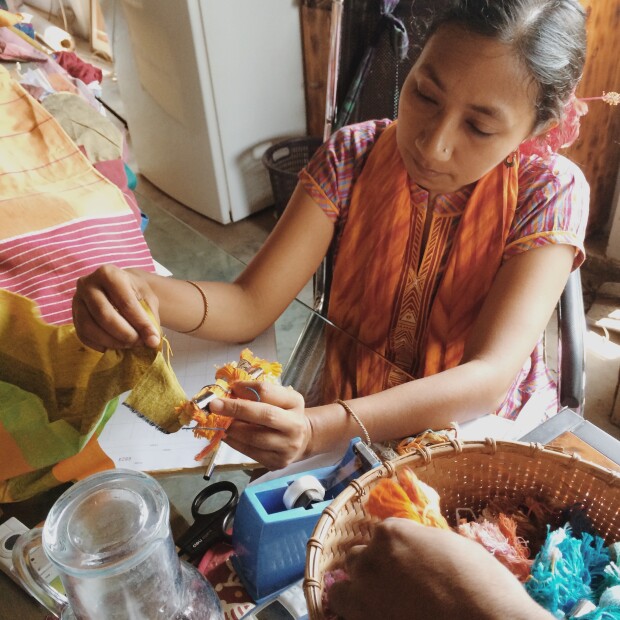
Q: How are the placemats made? Can you provide any specifics on the tradition and history of the weaving techniques?
A: Our placemats are designed by our team and then woven on handlooms using a specific technique Tatee Anwar calls “Chittaranjan” (“Tatee” is the Bangla designation for a weaver). While the technique is rooted in Bangladeshi culture, its application to tabletop products like placemats and table runners is contemporary—it’s more traditional in Bangladesh to eat on a mat on the floor rather than at a table.
Handwoven mats are still used in Bangladesh by most families for a wide variety of daily uses. Mat weaving could be very simple or complex depending upon the design and material. These materials are mostly natural: jute, cotton, coconut coir, dried leaves of coconut, dates, and straw are among the very common materials that have been in use for hundreds of years in the Ganges Delta.
The large wooden frame loom used in weaving these mats was developed over 100 years ago by an artist named Chittaranjan. Looms are often operated directly in weavers’ own homes. The frame construction allows for a relatively high degree of precision with coarser yarns and apparently has influenced European weaving techniques. While most of the industry has transitioned to automatic, machine-powered looms, Tatee Anwar’s artisans operate their looms entirely by skillful hand.
Q: What do partnerships with companies like Unison Home mean to New Market Goods?
A: I love seeing our products in the Unison Home catalog thanks to our partnership! Because we focus mainly on woven textiles, it’s so cool to see our pieces in the context of a well-curated collection of goods with other material qualities, like the beautiful ceramics, glassware, and wooden furniture that Unison carries.

This partnership is a perfect combination of design aesthetics and company values. Their emphasis on building relationships with the artisans they partner with, in combination with their modern interpretations of traditional weaving techniques, makes working with New Market Goods a natural fit. We love that our customers can purchase New Market Goods placemats knowing they’re getting a quality product that has been thoughtfully designed and crafted by Bangladeshi artisans.
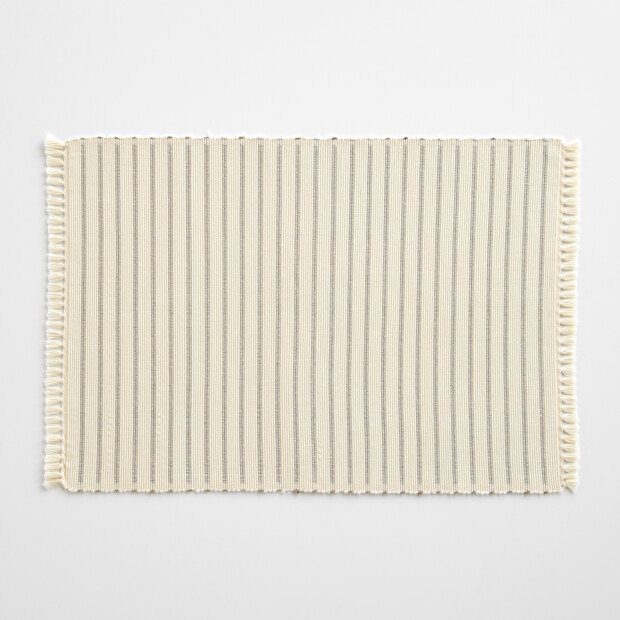
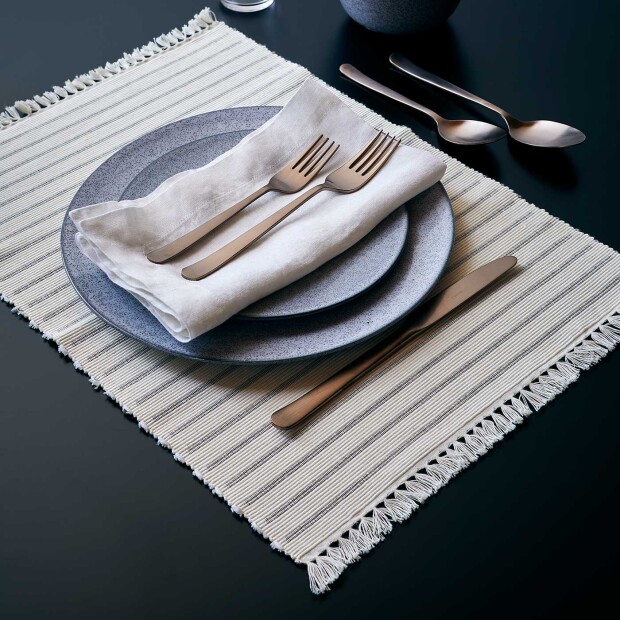
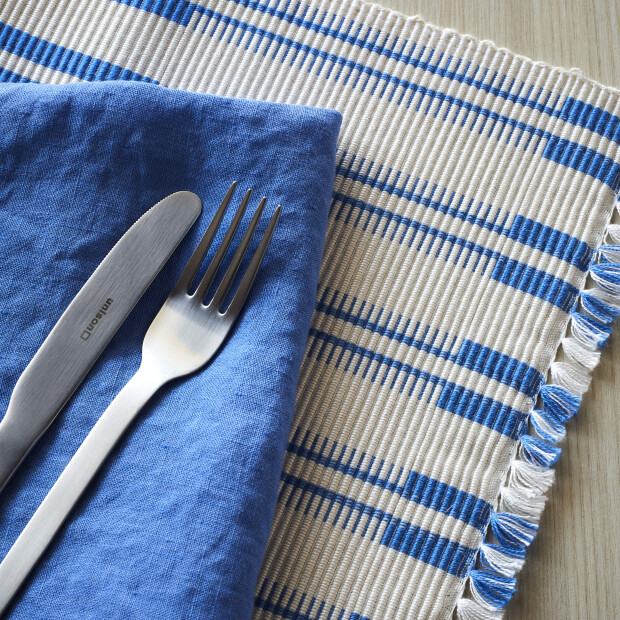 .
. 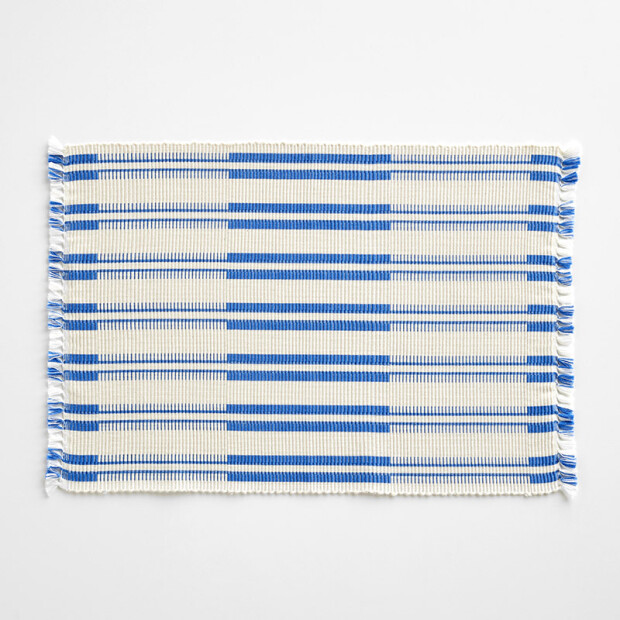
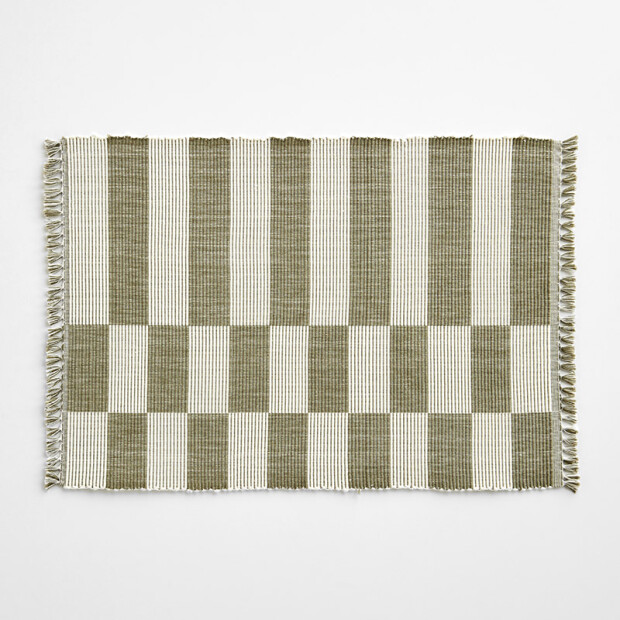 .
. 